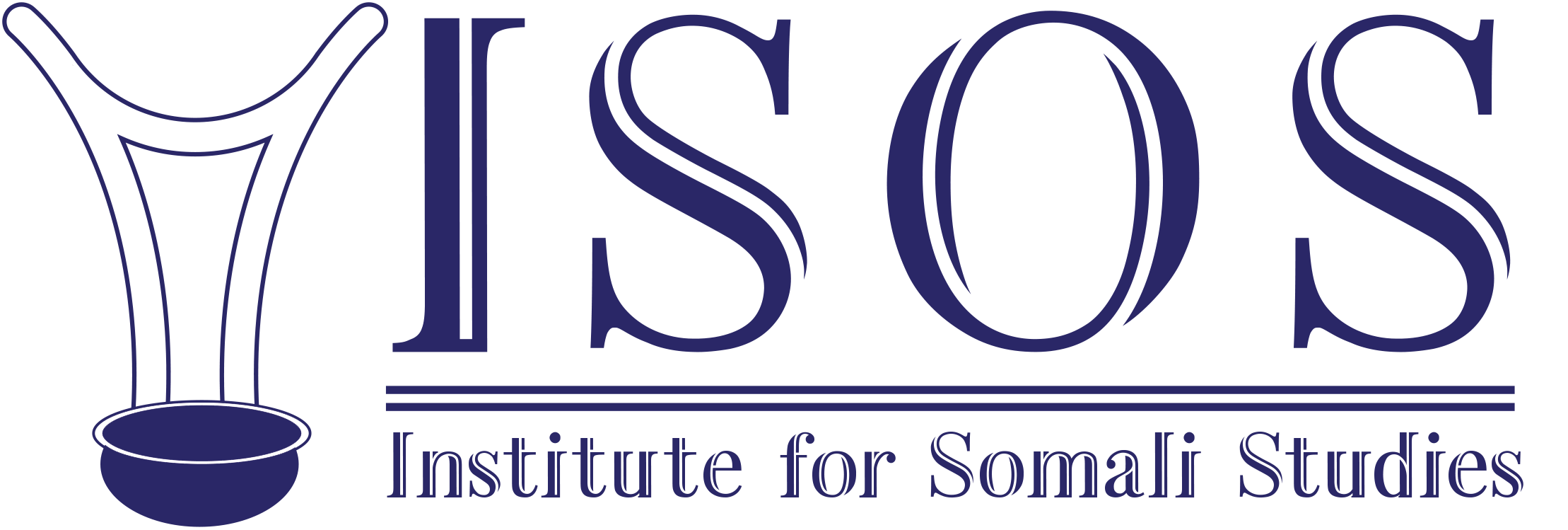Abstract
The AU established the African Union Mission in Somalia (AMISOM) as the first regional peacekeeping mission to intervene in Somalia. On 31 March 2022, it was replaced by the African Transitional Mission in
Somalia (ATMIS), which was given a transitional mandate until December 2024. This reconfiguration necessitates a fresh look and reassessment of ATMIS's mandate.
This paper analyzes and examines the reconfiguration decisions and resolutions of the African Union Peace and Security Council (AU PSC) and the United Nations Security Council (UNSC). The central issue is
whether ATMIS, under its current mandate, can feasibly conclude its operations within the abbreviated timeframe, considering Somalia's ongoing security challenges. The study explores whether ATMIS's existing mandate adequately addresses these security challenges and proposes revising the handover process to better align with current situational demands and priorities, as necessary.
Keywords:
African Union Transition Mission in Somalia, peace keeping mission, Somalia, African Union, Mogadishu University, ISOS,

